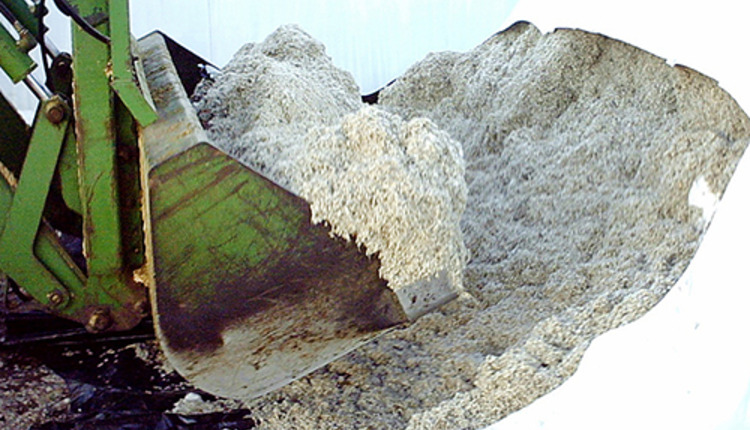 Since they became a key part of the worldwide dairy export pipeline, American milk producers have seen these "dots" before and know how they connect:
Since they became a key part of the worldwide dairy export pipeline, American milk producers have seen these "dots" before and know how they connect:- Strong global supplies
- Weak global demand
- Shaky economies
As bad as prices have been for all of 2015 ($15.98 per hundredweight average through October) and as bad as they've been lately (declines every month since June), producers should brace themselves for much worse prices in 2016, especially early in the year.
Closing Class III futures at the Chicago Mercantile Exchange (CME) on Tuesday this week were a dismal $14.63 in December, $14.38 in January, $14.69 in February, and $15.04 in March. That's a four-month average of just $14.68.
Futures prices show a nice recovery later in the year, averaging $16.43 from June to October, but don't bet the farm on that coming true. Global economies are too shaky and basic fundamentals in export markets are too negative to turn around soon.
Negative number one is milk production, which USDEC analysts said is growing 2 percent per year in their Global Outlook Webinar on Tuesday. Much of that is coming from the now quota-less European Union.
Negative number two is weak global demand for dairy products, which the analysts illustrated with an ugly math summary:
Combined purchases by just China and Russia in the 12 months ending October 2015 were 13.6 billion pounds less than the previous year. Meanwhile, combined production by the top five dairy suppliers (U.S., EU, New Zealand, Australia and Argentina) was 8 billion pounds more.
That has created a massive stockpile of dairy products that is jamming warehouses and has decimated prices for skim milk powder (SMP). Prices for SMP rose to $1,918 per metric ton (2,204.6 pounds) at the benchmark GlobalDairyTrade auction on Tuesday - except they were around $5,000 in early 2014.
Marc Beck, USDEC executive vice president for strategy and insights, said there are three basic keys to strengthening global dairy markets: a pullback in milk production, destocking and demand expansion.
"Economic growth projections suggest we will not get a huge demand lift in the near future, so the bottom line is that 2016 appears poised to be a year of gradual rebalancing and destocking, setting the stage for tighter market conditions in 2017 and carrying over into 2018," he added.
That's a long time to for U.S. milk producers to wait for anything better than break-even prices that may or may not actually happen in that time frame. But what choice do they have?

The author has served large Western dairy readers for the past 38 years and manages Hoard's WEST, a publication written specifically for Western herds. He is a graduate of Cal Poly-San Luis Obispo, majored in journalism and is known as a Western dairying specialist.







